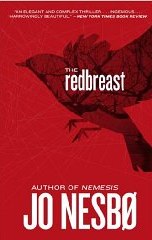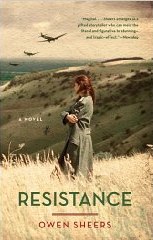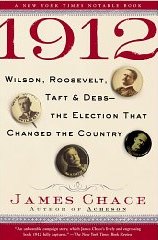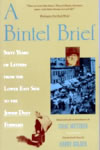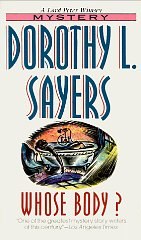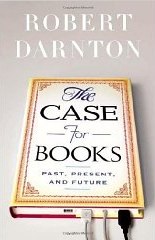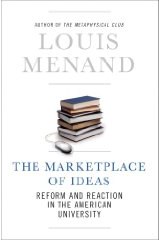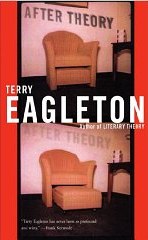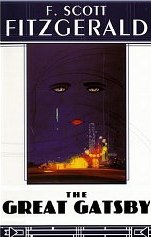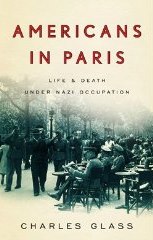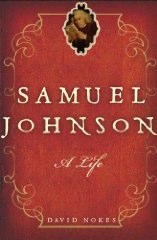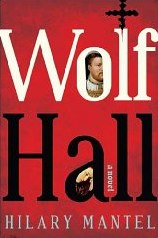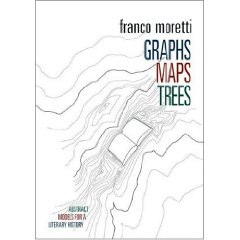Visiting Paris, Adam Gopnik asked his hosts why they always went together to Cafe Flore and never went next door to Les Deux Magots. The answer wanders from their foundations in the 1870’s to the characters of long-dead proprietors, the nature of French fashion, the drinking preferences of Sartre. But the core answer seems to be, simply, that in the early 1940’s the Magot was too often filled with German tourists, and so fashionable Paris grew to prefer Flore.
asked his hosts why they always went together to Cafe Flore and never went next door to Les Deux Magots. The answer wanders from their foundations in the 1870’s to the characters of long-dead proprietors, the nature of French fashion, the drinking preferences of Sartre. But the core answer seems to be, simply, that in the early 1940’s the Magot was too often filled with German tourists, and so fashionable Paris grew to prefer Flore.
Ever since reading this bravura passage, I’ve longed for a rich, anecdotal account of life in Occupied Paris and its echoes. This is a fine book, but it’s not Marianne in Chains and it’s not quite the book I wanted. Glass uses the American community as a microcosm of Paris, one that has a conveniently rich historical record because lots of Americans (and the American government) were naturally eager for news of Americans trapped in the occupation. The subjects of this group biography are varied, ranging from Shakespeare & Co. bookseller Sylvia Beach to the Comtesse Clara de Chambrun, a cousin of the Roosevelts who was also Laval’s mother-in-law.
Glass’s approach strikes me as essentially Marxist: in his account, poor but educated Americans tend to be leftist and joined the Resistance, while rich Americans were inclined to support Vichy and public order. Glass clearly wants to engage questions of loyalty and treason: was it treasonous or commendable for Charles Bedaux, for example, to promote a pipeline that would benefit French West Africa without much regard for who happened to be running France at the time? But these questions are difficult to address in a history, and we’re left with sketchy apologies. Glass accepts the success of the resistance without much scrutiny, and seems to accept collaborator’s accounts at face value as well. In the end, there’s lots of institutional history of the American Hospital and the American Library
January 23, 2010 (permalink)
